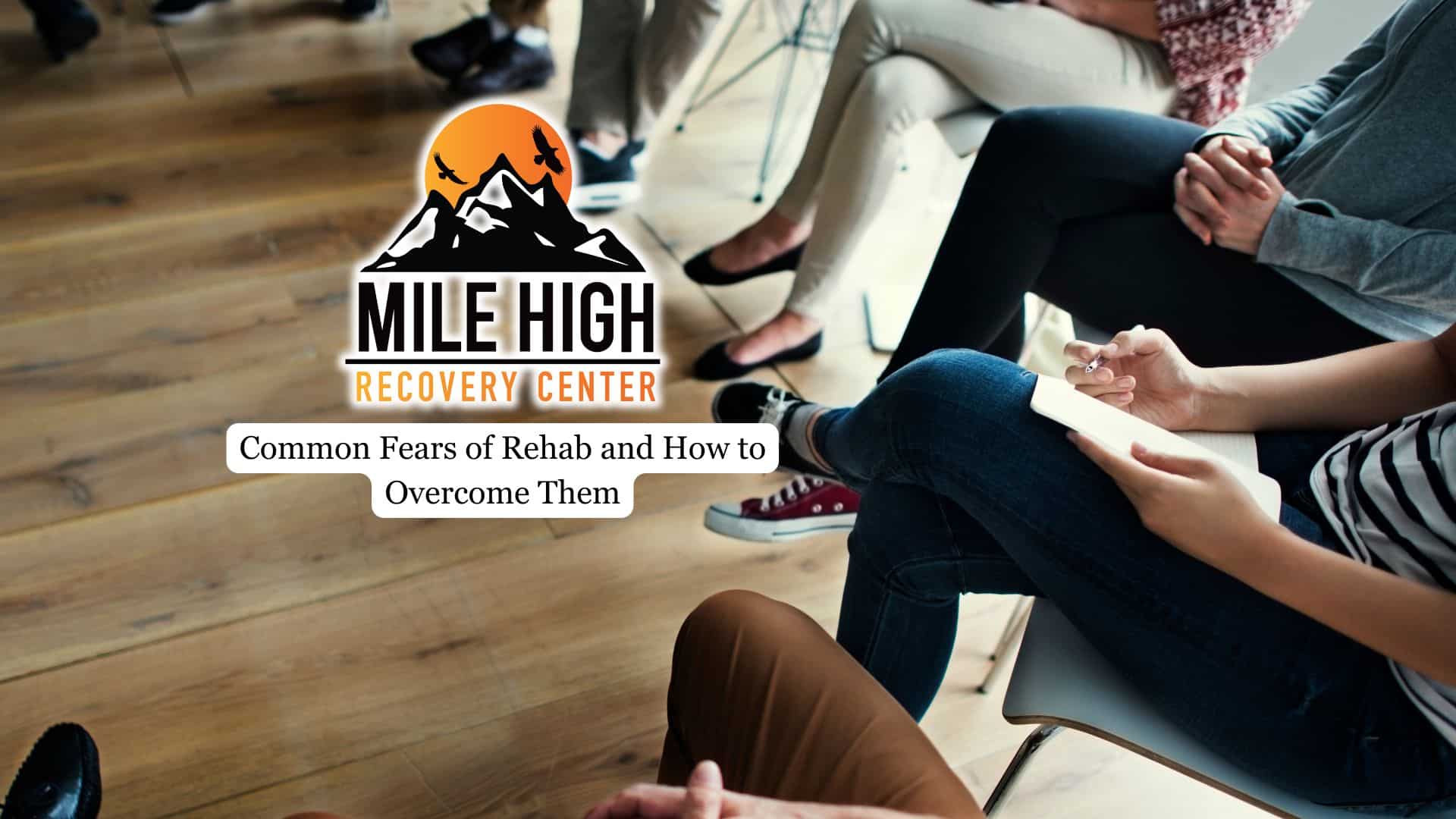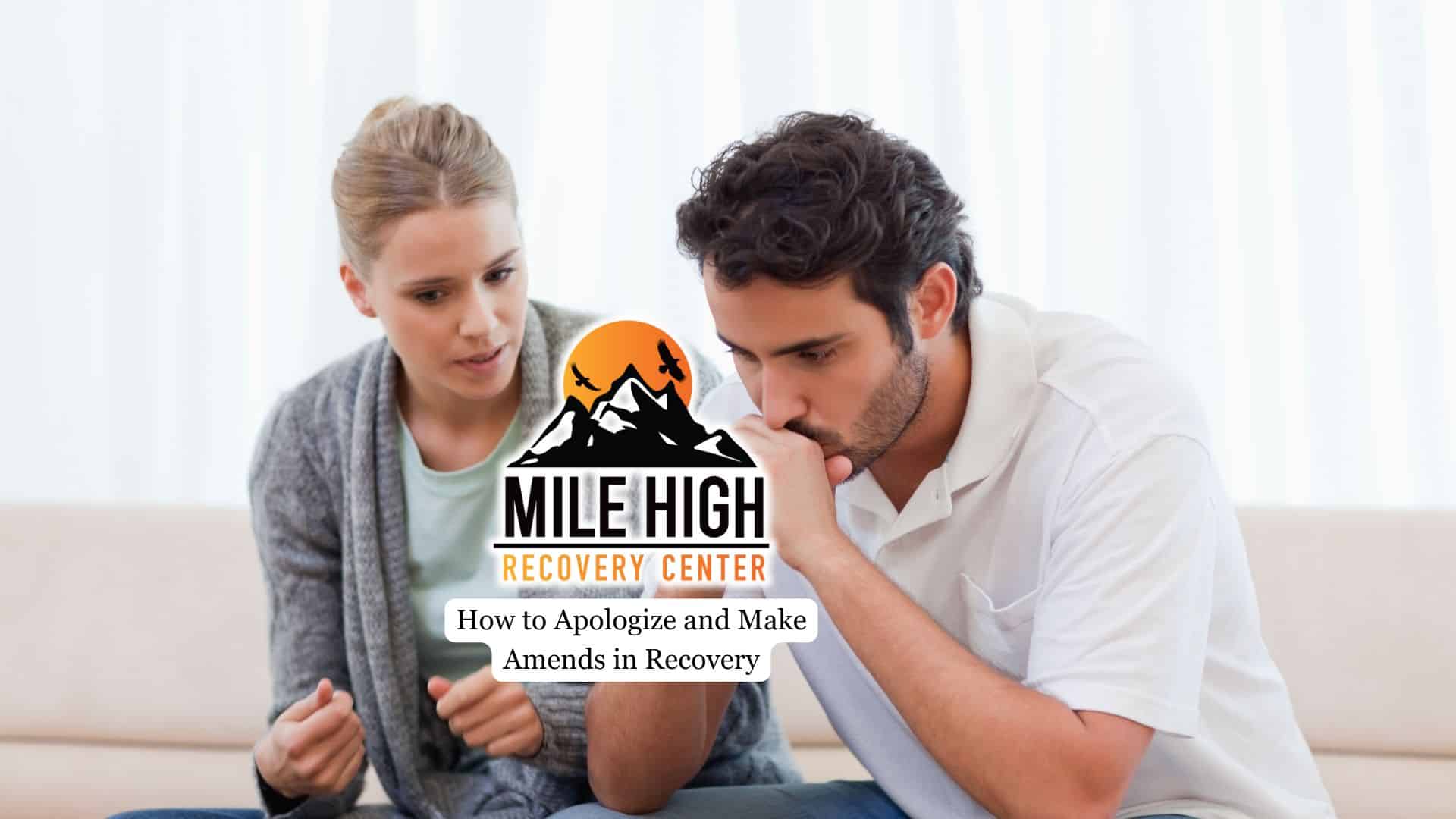Addiction is a complex, chronic condition that affects millions of people worldwide, disrupting physical and mental health, relationships, and daily functioning. While some individuals benefit from outpatient treatment, many require the immersive, structured environment of a residential treatment center to address severe or persistent substance use disorders and behavioral addictions.
This article explores the most common types of addiction that necessitate residential care, the reasons why this level of support is often essential, and the effective treatment options available.
Understanding Residential Treatment
Residential treatment, also known as inpatient or residential rehab, provides 24/7 care in a safe, supportive setting. Here, individuals struggling with an addiction receive comprehensive treatment plans tailored to their unique needs, including medical detoxification, behavioral therapies, and ongoing support. This intensive approach is especially beneficial for those with severe substance use disorders, co-occurring mental health conditions, or a history of relapse.
People struggling with addiction should consider residential treatment when outpatient care hasn’t worked or when their environment hinders recovery. This structured setting removes daily triggers and offers focused support, helping individuals heal both physically and mentally. With round-the-clock care, therapy, and life skills training, residential rehab lays the groundwork for lasting sobriety and a healthier future.
Substance Abuse Addictions Commonly Treated in Residential Rehab
Alcohol Addiction (Alcohol Use Disorder)
Alcohol addiction remains one of the most common addictions requiring residential treatment. Chronic alcohol use can lead to life-threatening withdrawal symptoms, liver disease, cardiovascular problems, and significant mental health issues. Residential alcohol treatment centers offer medically supervised detox to manage withdrawal safely, followed by counseling and cognitive behavioral therapy (CBT) to address the root causes of alcohol misuse and build coping skills for long-term recovery.
Opioid Addiction
Opioid addiction, involving substances such as heroin, prescription painkillers (e.g., oxycodone), and synthetic opioids, is a leading cause of drug treatment admissions. Opioids are highly addictive, with a significant risk of overdose and severe withdrawal symptoms. Medication-assisted treatment (MAT) using FDA-approved medications like buprenorphine, methadone, or naltrexone, combined with behavioral therapies, is considered the best treatment approach for opioid use disorder in a residential setting, where medical supervision and intensive support are available.
Stimulant Addiction (Ritalin, Adderall, Cocaine, Methamphetamine)
Stimulant addiction, including Ritalin, Adderall, cocaine, and methamphetamine use, can cause profound changes in the brain’s reward system, leading to compulsive behavior, mental health issues, and physical deterioration. Residential treatment programs for stimulant addiction focus on medical stabilization, behavioral therapies such as CBT, and relapse prevention strategies to support the recovery process.
Benzodiazepine and Prescription Medication Addiction
Addiction to sedatives like Xanax, Valium, and other prescription medications can result in dangerous withdrawal symptoms and cognitive impairment. Residential treatment centers provide medically supervised detox and comprehensive therapy to help individuals safely discontinue use and address underlying mental health and addiction issues.

Behavioral Addictions Treated in Residential Settings
Behavioral addictions, also known as process or activity addictions, are non-substance-related compulsions that can be just as disruptive as drug or alcohol dependence and often require intensive residential treatment as well.
Common behavioral addictions treated in these settings include gambling, internet, gaming, shopping, sex, pornography, and food addiction.
Residential programs address the specific triggers and underlying mental health issues associated with each addiction through therapies such as counseling, digital detox, nutritional support, and alternative activities. These comprehensive approaches help individuals develop healthier coping mechanisms, rebuild relationships, and regain control over their lives, especially when behavioral addictions co-occur with other mental health or substance use disorders.
Dual Diagnosis: Co-Occurring Disorders
Many people with addictions also experience co-occurring mental health conditions such as depression, anxiety, PTSD, or bipolar disorder. Effective addiction and mental health treatment requires an integrated approach that addresses both the substance use disorder and the underlying mental health condition.
Residential rehab programs are equipped to provide comprehensive treatment for dual diagnosis, ensuring that both aspects of the individual’s health are managed simultaneously.
Why Residential Treatment is Often Necessary
Residential treatment is often the best treatment option for individuals with severe or complex addictions due to several key benefits:
- Safe Environment: Removal from triggers and access to constant support.
- Personalized Treatment Plans: Tailored to the individual’s type of addiction, severity, and personal history.
- Medical Supervision: Especially important for managing withdrawal symptoms from alcohol, opioids, benzodiazepines, and other substances.
- Comprehensive Care: Combination of medication-assisted treatment, behavioral therapies (such as cognitive behavioral therapy), group therapy, and holistic approaches.
- Integrated Mental Health Care: Essential for those with co-occurring mental health and addiction issues.
The Addiction Treatment Process
The recovery process in a residential treatment center typically includes:
- Intake and Assessment: Evaluation of substance use, behavioral addictions, and mental health issues.
- Medical Detox: Safe management of withdrawal symptoms.
- Development of a Treatment Plan: Outlining goals, treatment approaches, and types of therapy.
- Therapy and Counseling: Including CBT, group therapy, and holistic therapies.
- Aftercare Planning: Preparing for ongoing recovery through outpatient programs, support groups, and relapse prevention strategies.
Final Thoughts from Mile High Recovery
Residential rehabilitation centers provide the structure, support, and comprehensive treatment necessary for people with addictions to achieve lasting recovery. By addressing both substance abuse and behavioral addictions along with co-occurring mental health conditions, these programs offer hope and effective treatment options for those struggling with addiction.
Mile High Recovery Center in Denver, Colorado, offers personalized residential treatment tailored to each individual’s unique path to recovery. With a dedicated team and a focus on compassionate, high-quality care, we offer the structure and support needed to build and sustain lasting sobriety.







